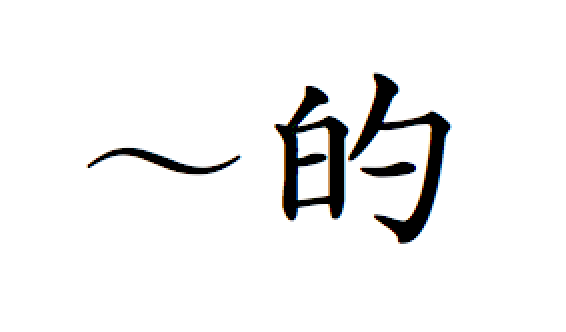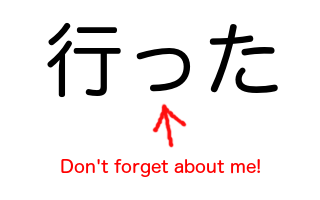Is there really no word for ‘foot’ in Japanese?
You may have heard there is no word for ‘foot’ in Japanese. That’s only partially true, and in this post I’ll talk about this misconception. When speaking everyday Japanese, it’s true there is no single which maps exactly to the English word ‘foot’. Generally speaking, the word あし refers to both the leg and the foot, but… Read More »





